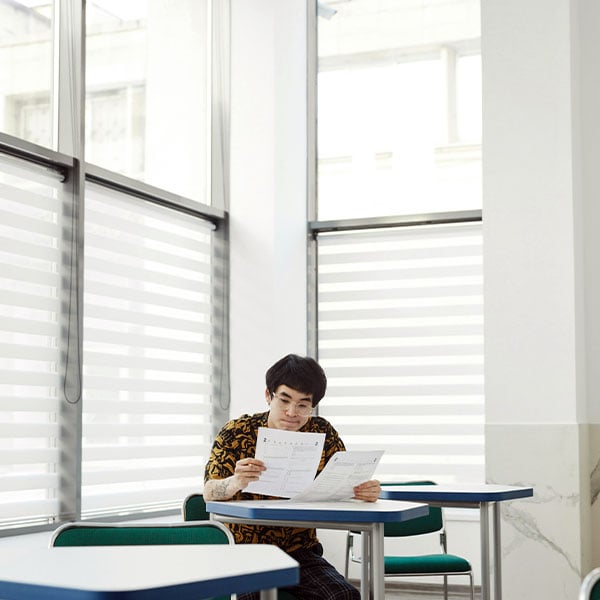The number of unconditional offers universities are giving prospective students is at its highest rate ever, with 23% of students receiving one last year. This rise has led to some calling for an overhaul of the admission process, whilst others continue to argue that unconditional offers do have benefits. So, what are the pros and cons of such offers?
Unconditional Offers: The Upside
Improve student well-being
Whilst a little anxiety can improve performance, high stakes exams that determine university admissions can cause high levels of anxiety amongst students, which can be detrimental to the grades they go on to achieve. Therefore, having the security of a university place can reduce test anxiety and help students meet or even exceed expectations.
More time to plan for university
Leaving home life behind can be stressful and difficult for many students. Having an unconditional offer can give them more time to explore the new city they will be living in and choose suitable accommodation, alleviating some of this stress.
Suited to creative subjects
Unconditional offers given for creative subjects such as Art or Drama in response to seeing a portfolio of work or an audition make sense. This is because such work is a much better representation of the student’s potential than traditional grades.
Unconditional Offers: The Downside
Discourages students from working hard
Motivation is a tricky thing to maintain. The main downside of unconditional offers is that they can deter students from striving to achieve the highest possible grades, as their place at university is secure. Research conducted by UCAS proved this, finding that if a student is given an unconditional offer, they are 23% more likely to fall short of their predicted grades.
The reduced expectation on students can directly lead to a reduction in work ethic and intensity as no-one rises to low expectations. This means that students can develop bad habits in their final year of sixth form that spill over to their start of university. Also, graduate employment may be far from the minds of A Level students but it is becoming increasingly competitive, meaning that A Level grades may be used to separate similar candidates.
Ignores student’s best interests
Cynically, as universities are no longer limited on the number of places they can give, unconditional offers may be seen as a way in which they can undercut rivals, and secure more students, hence more fees. Unconditional offers can mean students make snap decisions and places may be accepted despite students being aware that the university doesn’t suit them. This would increase the chances that they will not enjoy themselves and drop out.
Final Thought
Whilst there is research in favour of universities giving unconditional offers, because it relieves some of the pressure associated with exams, and can make adjusting to university life easier, the costs of such an offer seem to outweigh the benefits. However, we cannot say that unconditional offers are bad for all students, as each case is unique, and whether an unconditional offer is applicable or not may depend on the subject or the mindset of the student.







